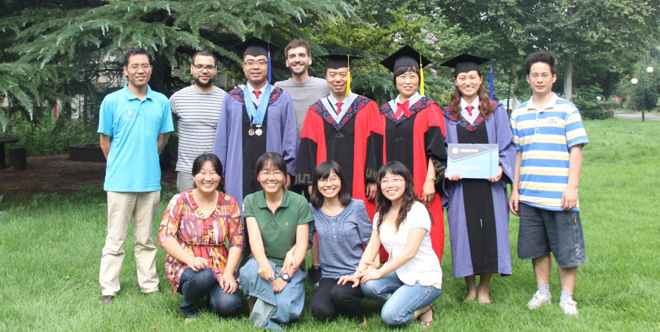Education and Training in CARR
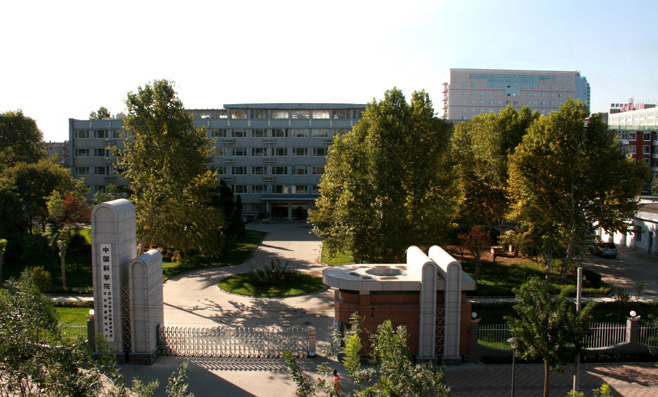
Education Objective
Most nations with serious water shortage are caused by over use of water in agricultural sector. Agriculture accounts for 69.3% of the total water use. It has been recognized as the central cause of water crisis and the major driver influencing the regional sustainable development in most parts of the North China. Achieving the sustainable use of water resources is a great challenge both for national and regional level. As environmental and water problems are becoming more and more serious, China’s central government draw great attention on the sustainable use of water resources. For instance, water issue has become the second important issue in environmental aspect, next only to energy, such as oil and coal, in the national report for the mid-term science and technology development plan till 2020. Decreasing water use and improving agricultural water use efficiency will be critical for China’s long-term sustainability of food supply, economic growth and ecologically friendly society.
What is taught in CARR?
CARR has two key laboratories focusing its scientific research on improving fundamental understandings and developing practical technologies for highly efficient use of agricultural water to sustain China’s food production in North China, especially the North China Plain. These two Lab are Key Laboratory of Agricultural Water Resources of the Chinese Academy of Science and Hebei Provincial Key Lab for Agricultural Water-Saving.
Facing the quick depletion of groundwater resources in North China Plain and China’s increasing demand for food production under the double stresses of population growth and increase in people’s food quality, studies are carried out at three scales: crop genetic scale, field scale, and regional scale with the same objective, which is to improve water use efficiency from signal crop level (physiological research and genetic research for new cultivars), field level, and regional level.
At crop individual scale, physiological responses of different crops and cultivars to water limitations and the genetic controlling mechanism for high efficient use of water in physiological and gene level are studied. Cultivars, especially of wheat, the highest water-consuming crop, with high water use efficiency are produced based on both traditional and newly developed biotechnology.
At field scale, by improving the understanding on the mechanism of water, heat, and gas fluxes in the Soil-Plant-Atmosphere -Groundwater-Continuum, especially water transfer and loss through the interfaces of soil-atmosphere, plant-atmosphere, and shallow soil layers to deep soil layers, and by studying the responses of crop water use to deficit irrigation, irrigation scheduling change, and crop pattern change, different water-saving technologies together with necessary irrigation equipments, especially dripping irrigation, and accessories agricultural machines are developed to save water at field level.
At regional scale, scientific assessment methods for temporal and spatial changes of agricultural water use are developed to provide the scientific base of agricultural water management. The influencing magnitude of driving factors such as climatic change, human generated LUCC and crop pattern changes on water cycle are analyzed aiming to provide strategies to decision-makers for more efficient water use in regional scale.

How students are taught in CARR
Students in the research centre have the opportunity to get two aspects of training, one is specialized subjects and professional courses and the other is how to do research works.
1. Courses taught
Masters study professional courses at Graduate University of Chinese Academy of Sciences in Beijing during their first year study, and the doctors study at the Centre. Professional subjects aims at development the students research ability and knowledge on Agricultural Ecology, Ecohydrology,Plant Physiology and Ecology, Plant genetics and Plant breeding, etc.
2. Research Projects
As an important Center for research on improving agricultural water use efficiency in North China Plain, CARR received an annual scientific funding of nearly 30 million RMB Yuan annually, mainly supported by Ministry of Science and Technology, National Nature Science Foundation Committee, Chinese Academy of Science, local government, international collaborative projects, and etc. Students are requested to get themselves involved in different scientific projects. CARR has an indoor laboratory area of 8,000 m2 and 3 field experimental stations including Taihang Mountainous Station, Luancheng National Field Observation Station (one of the National Field Stations for agriculture), and Nanpi Ecosystem Experimental Station representing three typical landscapes in the North China Plain. These stations, with over 200 long-term observation plots (between 10-25 years), provide the solid bases for students to work on their thesis on crop new cultivar test, SPAC water cycle, and regional hydrological cycle. The indoor and outdoor equipments provides an excellent facility for the research of physiology and ecology of crops, molecular biology and crop genetics, and water, nutrient and heat cycle in different scales.
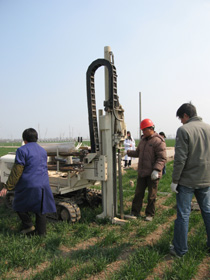
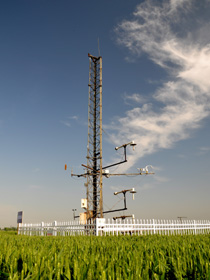
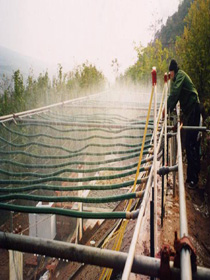
3. Outcomes
During 2006-2010, CARR has been award four times for its contribution to the Scientific and Technological Development in China (4 Second Level Prize), 1 Governor Nomination Award by the Hebei Provincial Government, 1 provincial first grade prize and 11 second grade prize. It published over 130 papers in internationally recognized journals. Fifty-five independent intellectual property rights, 12 new crop cultivars and, 6 new computer softwares are recognized by the Chinese Government. Of such large amount of publications, softwares, patents, most of them are contributed partly or fully by our well trained students.
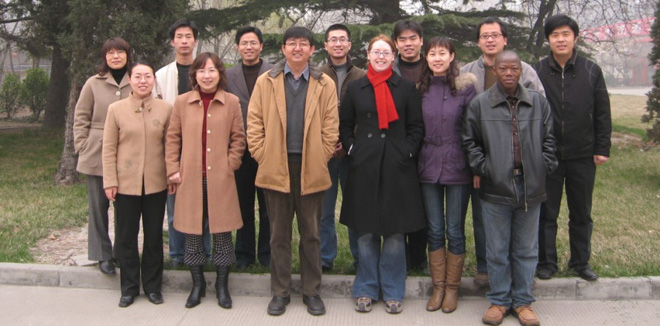
4. Employment and positions after graduate
After getting advanced training at both theoretical knowledge and professional research skills, the students will get better work positions in research institutes, universities, government offices and companies. Some students may get positions or advanced education opportunity aboard. The average employment rate is 96.59% since 2006.
